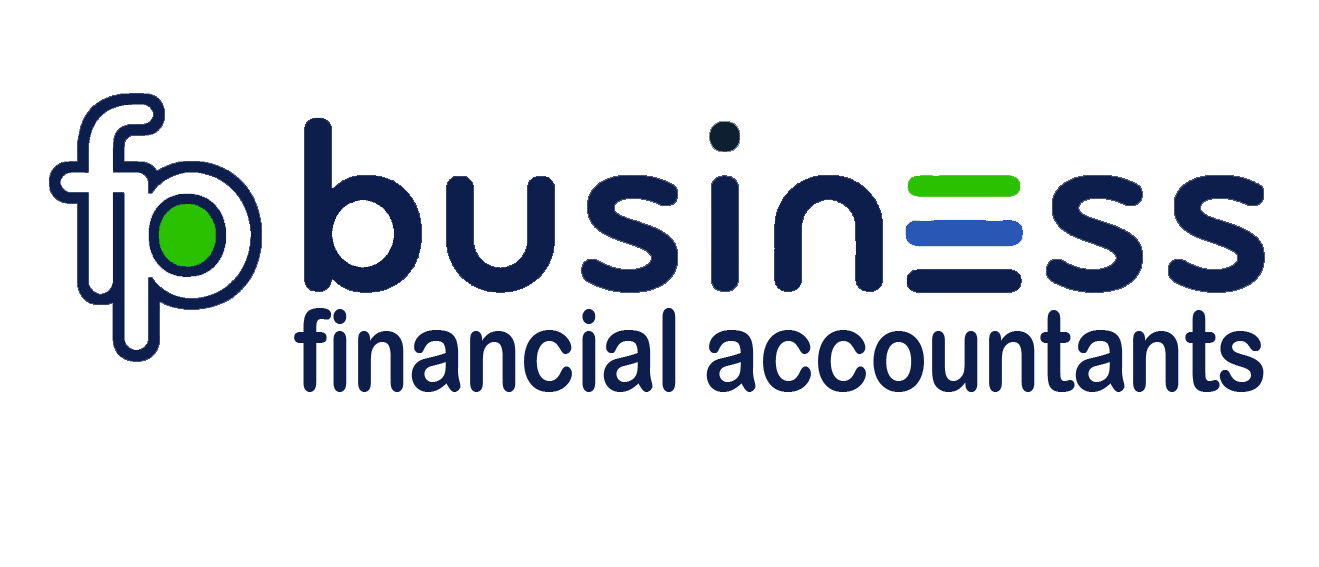What is a Dividend and how can I issue one?
Over the coming weeks we are going to look at a series of frequently asked questions we receive from clients. Firstly, what is a dividend? We want to breakdown and simplify the jargon around dividends: what they are, who can issue them and how they are taxed.
When you own shares in a company there are two ways to make money. Firstly sell your shares or alternatively, you can distribute company profits to shareholders, annually, using dividends.
Who does this guidance apply to?
Ltd Company shareholders
If you are a partnership you share profits in the form of distributions, not dividends.
If you are a sole trader you share profits in the form of drawings.
Sole traders, partnerships and LLPs can’t pay dividends, because they do not issue shares.
What is a Dividend?
A dividend is a payment a Ltd company can make to its shareholders if it has made a profit.
You cannot count dividends as a business cost/expense when you work out Corporation Tax.
Your company must not pay out more in dividends than its available profits from current and previous financial years.
To pay a dividend, you must:
- hold a directors’ meeting to ‘declare’ the dividend
- keep minutes of the meeting, even if you’re the only director
Dividend paperwork
For each dividend payment the company makes, you must write up a dividend voucher showing the:
- date
- company name
- names of the shareholders being paid a dividend
- amount of the dividend
You must give a copy of the dividend voucher to each shareholder and keep a copy for your company’s records.
Tax on dividends
Your company does not pay tax on dividend payments, however for shareholders they are considered a form of taxable income and are subject to dividend tax. Tax on dividends is set by the Government and is subject to annual change. Currently dividend tax rates are the same for the whole of the UK and are payable on dividend income above your personal tax free allowance (https://www.gov.uk/income-tax-rates). There is also a tax free dividend allowance for the year (currently set at £2000).
| Dividend Income Tax bands | Tax rate on dividends over your personal allowance |
| Basic rate (£0-34,500) | 7.5% |
| Higher rate (£34,501-150,000) | 32.5% |
| Additional rate (over £150,000) | 38.1% |
So, your dividends will fall into one or more of the tax bands listed above, after your personal allowance and any other income sources have been added together.
Our next blog will look further into understanding income tax and dividend calculations.


